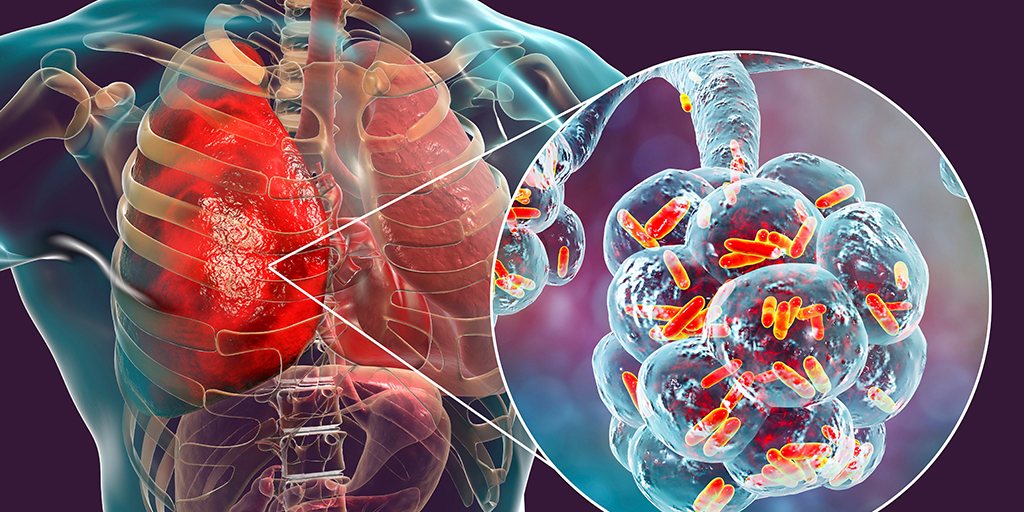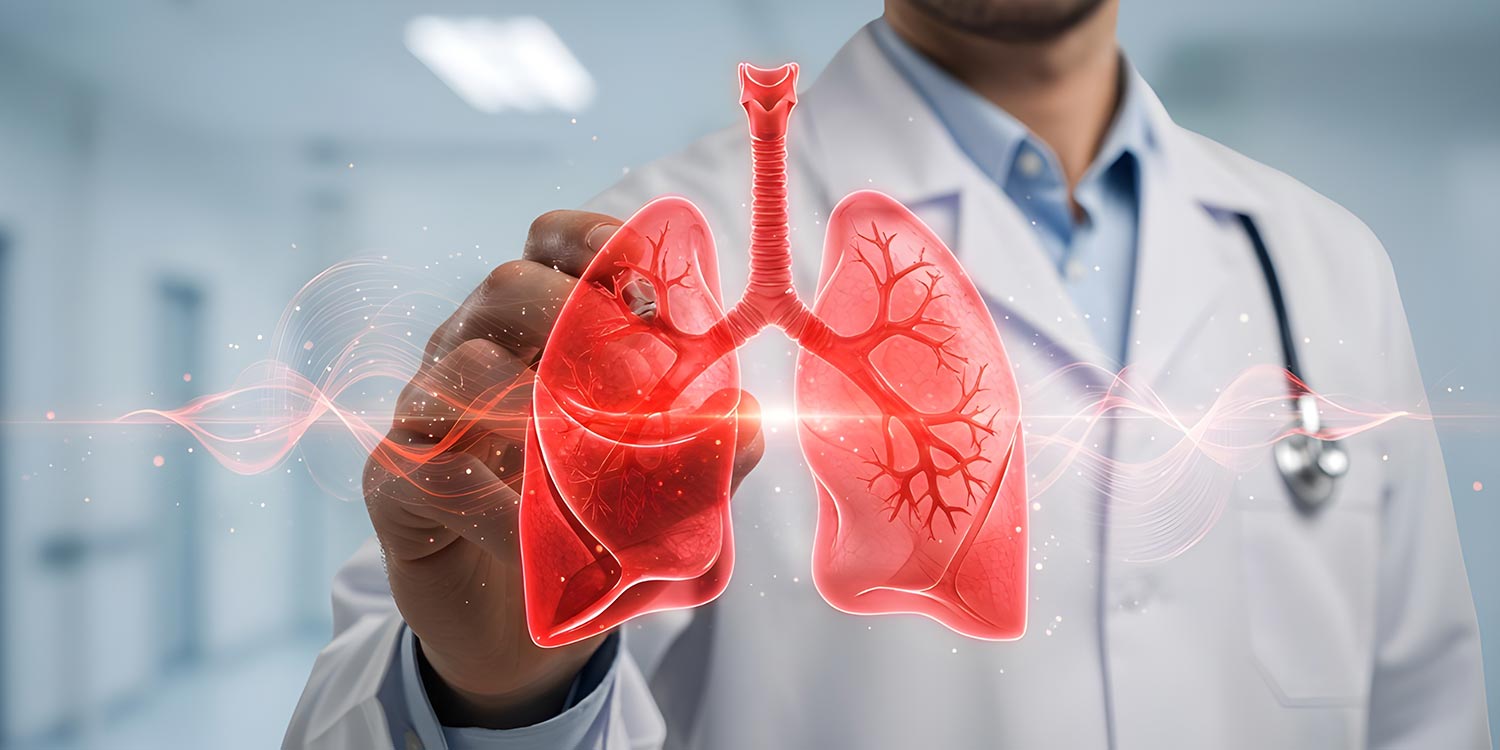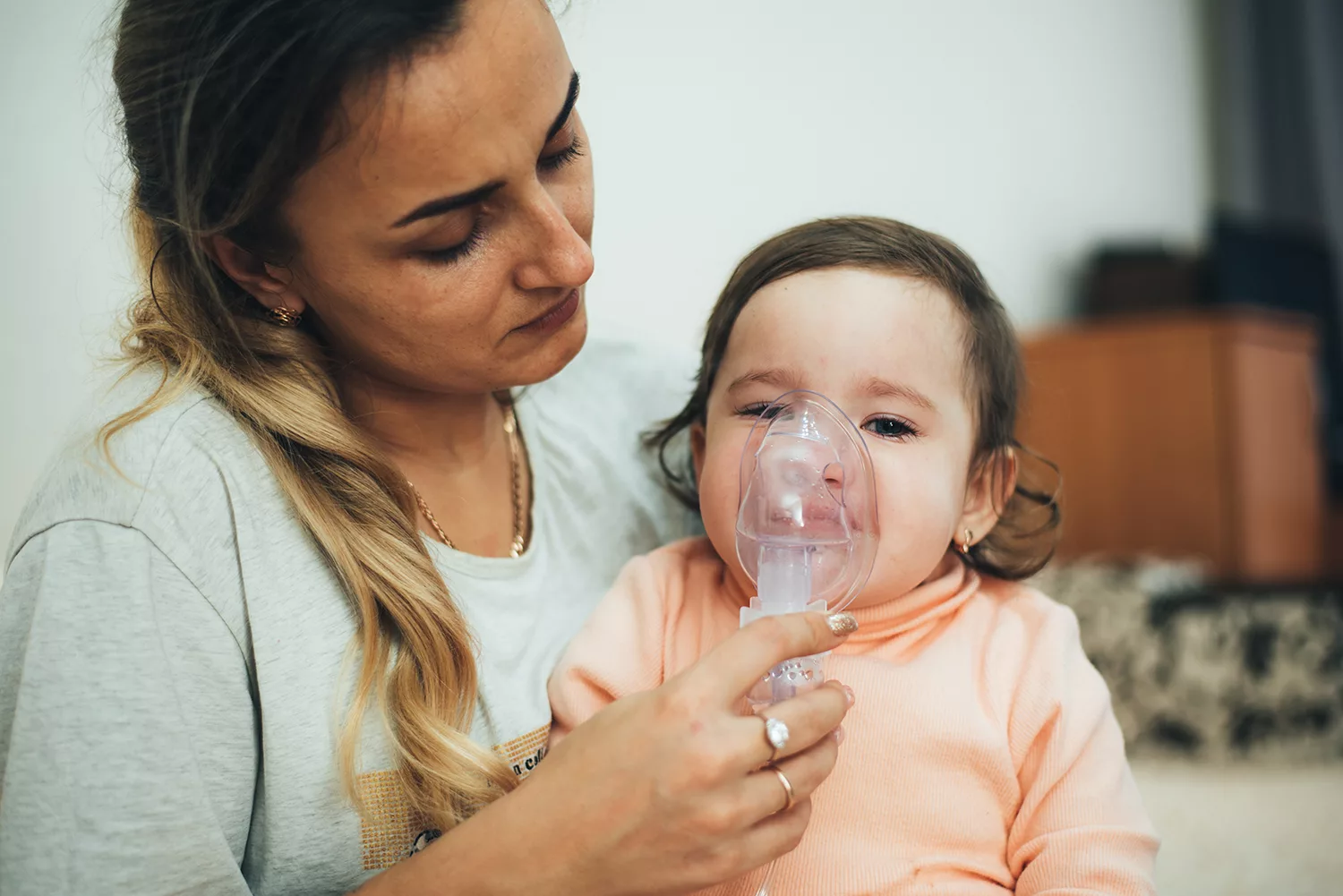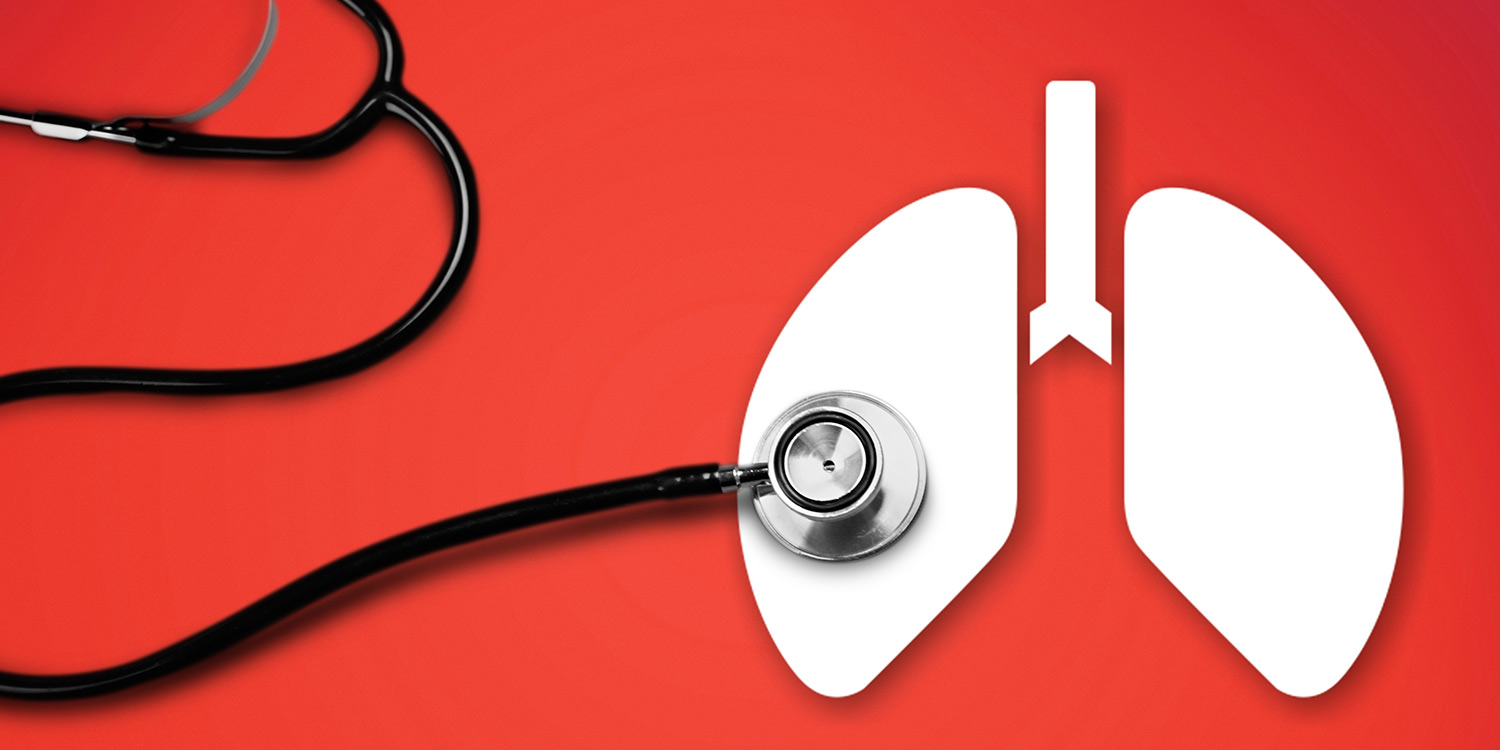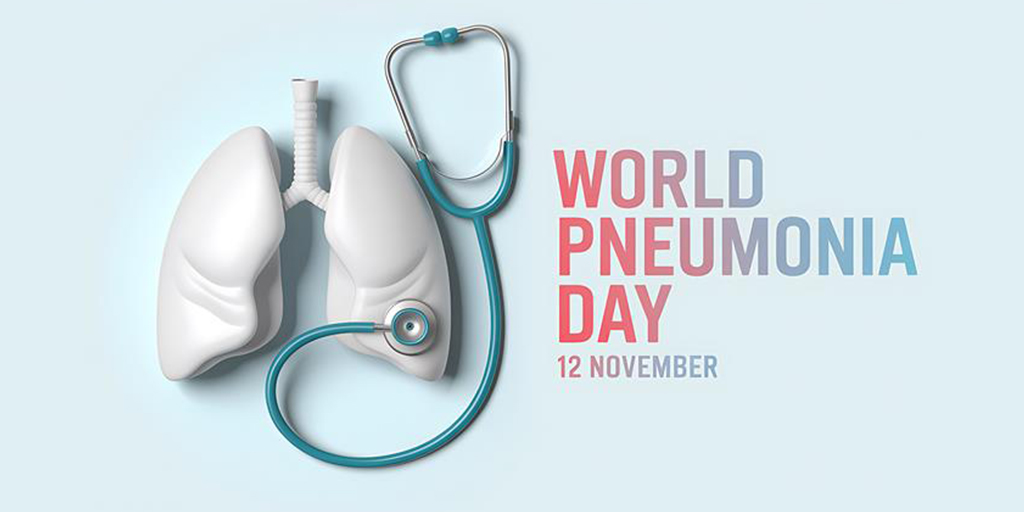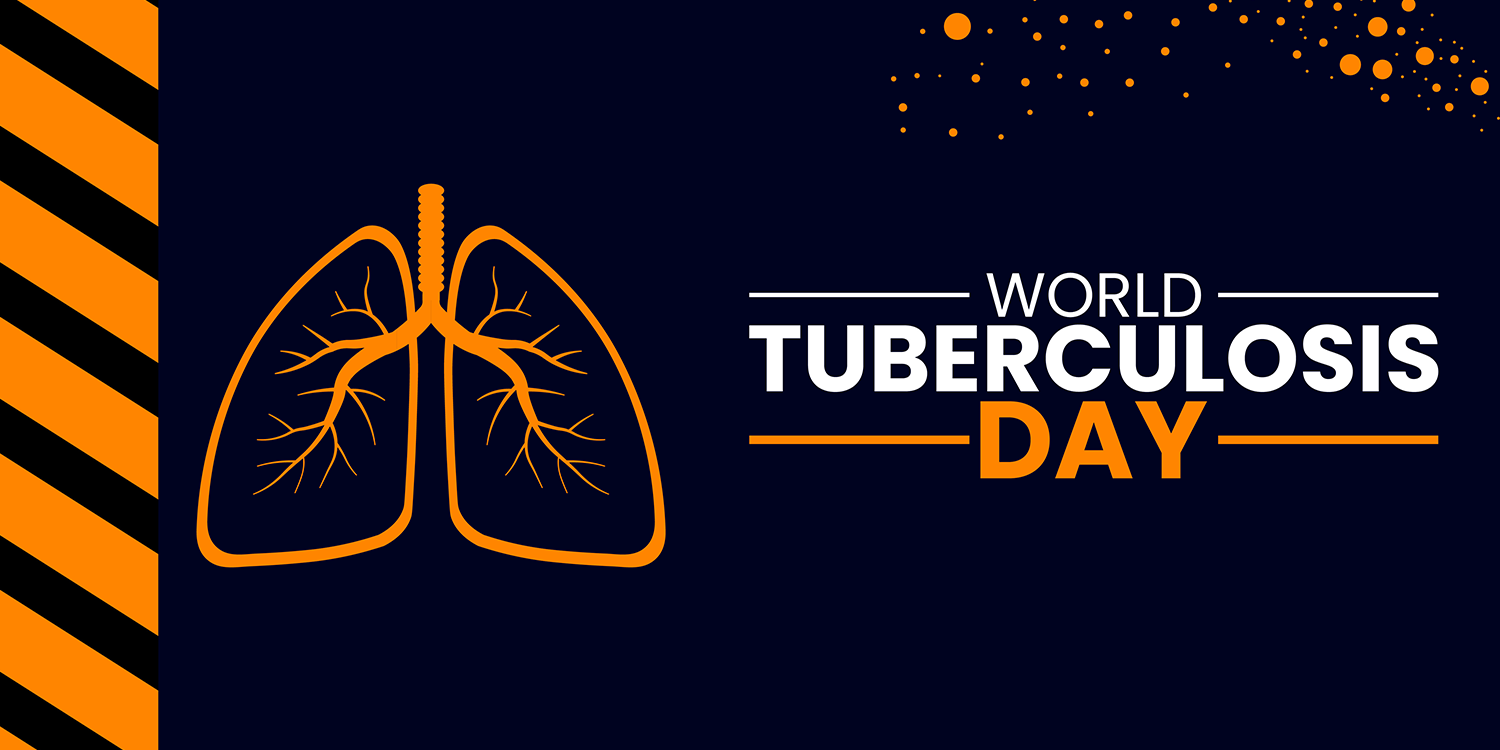At Graphic Era Hospital, the Department of Respiratory Medicine offers comprehensive care for individuals living with asthma. With an acute focus on accurate diagnosis, personalised treatment, and long-term management, our team ensures that patients are able to breathe easier and maintain an active, symptom-free life. From spirometry-based assessments to advanced bronchoscopy and therapeutic plans tailored to asthma type and severity, we combine clinical expertise with cutting-edge tools to deliver effective results. Our goal is not just symptom control but lasting improvement in quality of life through expert guidance and continuous support.
When to Seek Asthma Screening and Consultation?
Asthma symptoms can vary in intensity and frequency, but early detection and timely treatment are essential to avoid complications. Individuals experiencing persistent respiratory issues or sudden breathing difficulties should consult a pulmonologist for evaluation and management. Typical symptoms that warrant further evaluation include:

- Frequent coughing, especially at night or early morning
- Shortness of breath during routine activities
- Wheezing or whistling sound when exhaling
- Tightness or pressure in the chest
- Trouble sleeping due to breathing issues
- Fatigue or low energy caused by disrupted breathing
- Symptoms worsening in cold air or during exercise
- Recurring episodes of breathlessness or coughing
- Increased use of reliever inhalers
- Previous history of allergies or family history of asthma
Asthma Treatments Available at Graphic Era Hospital
Asthma care at Graphic Era Hospital is rooted in precise diagnosis, evidence-based therapies, and patient education. Our approach combines advanced respiratory diagnostics with tailored medical treatment and long-term management strategies. Depending on the severity and type of asthma, we offer a range of treatments and supportive services designed to improve breathing comfort and prevent future flare-ups. Treatments offered at Graphic Era include:
- Spirometry-Based Diagnosis and Monitoring: This is a breathing test used to confirm asthma, find out how severe it is, and check how well the treatment is working over time.
- Inhaled Bronchodilators and Corticosteroids: These are medicines taken through an inhaler. Bronchodilators help open up the airways quickly, while corticosteroids reduce swelling inside the lungs. Together, they help control symptoms and prevent attacks.
- Combination Inhaler Therapy: Some inhalers contain both bronchodilators and steroids. These are often used for people with moderate to severe asthma to give better overall control.
- Bronchoscopy for Diagnostic Clarity: In difficult or unclear cases, doctors may use a thin tube with a camera to look inside the airways. This helps rule out other problems or find out what else might be affecting breathing.
- Trigger Management and Lifestyle Counselling: Doctors help identify things that make asthma worse, such as dust, smoke, or exercise, and guide patients on how to avoid or manage these triggers in daily life.
- Individualised Asthma Action Plans: Each patient gets a step-by-step plan to manage their asthma. It includes what to do when symptoms start, which medicines to take, and when to get help.
- Patient Education and Inhaler Technique Training: Using an inhaler the right way is very important. Our team teaches patients how to use their inhalers correctly so the medicine works as it should.
- Ongoing Monitoring and Follow-Up Care: Regular check-ups help doctors see how well the treatment is working. They can make changes to medicines if needed to keep asthma under control.
Why Choose Graphic Era Hospital for Asthma Treatment?
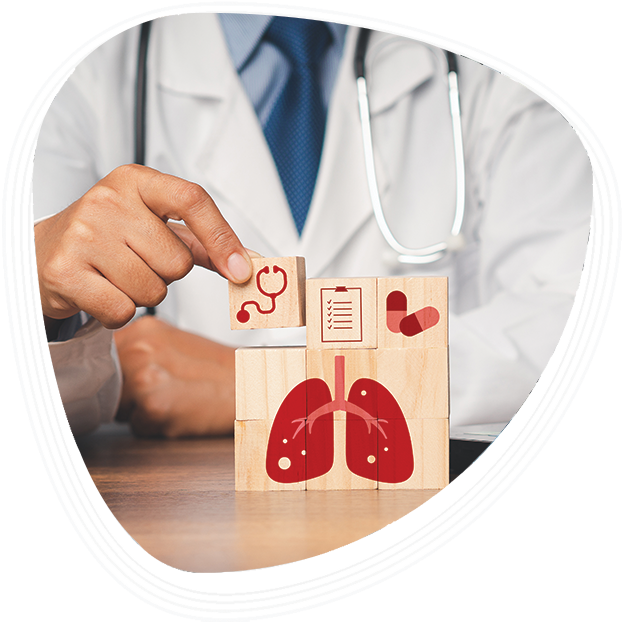
Things to Know Before Starting Asthma Treatment
Before beginning asthma treatment, it’s important to understand a few key factors that can influence outcomes and long-term management, such as.
- Identifying the specific type of asthma, such as allergic, exercise-induced, or work-related, which helps guide the most effective treatment plan
- Possible need for long-term maintenance therapy
- Importance of avoiding known triggers like pollen, dust, smoke, or cold air
- Correct use of inhalers and other prescribed devices
- Monitoring lung function regularly with tests like spirometry
- Awareness of potential medication side effects
- Following a personalised asthma action plan
- Managing co-existing conditions such as allergic rhinitis or sinusitis
- Making lifestyle changes to improve overall lung health
- Attending regular follow-ups to adjust treatment as needed
Top Asthma Treatments at Graphic Era Hospital
- Spirometry for asthma diagnosis and monitoring
- Inhaled bronchodilators and corticosteroids
- Combination inhaler therapy
- Bronchoscopy for complex cases
- Personalised asthma action plans
- Trigger identification and management
- Inhaler technique training
- Regular follow-up and medication review
Blog
Frequently Asked Questions
Can asthma develop in adulthood, or is it only diagnosed in children?
Asthma can be diagnosed at any age. Adult-onset asthma is common and may be triggered by infections, environmental factors, or occupational exposures.
How is asthma different from other respiratory conditions like COPD or bronchitis?
Asthma is a chronic inflammatory condition with reversible airway obstruction, whereas COPD and bronchitis typically involve long-term, progressive damage that is less responsive to treatment.
Is it necessary to take asthma medication even when there are no symptoms?
Yes. Maintenance inhalers help control inflammation and prevent future attacks, even if symptoms are not currently present.
What should be done during an asthma attack before reaching the hospital?
Use a reliever inhaler immediately and follow the steps outlined in the asthma action plan. Seek emergency medical help if symptoms do not improve.
Can lifestyle changes reduce asthma symptoms or frequency of attacks?
Avoiding known triggers, staying active with appropriate precautions, and managing stress can significantly improve asthma control.
